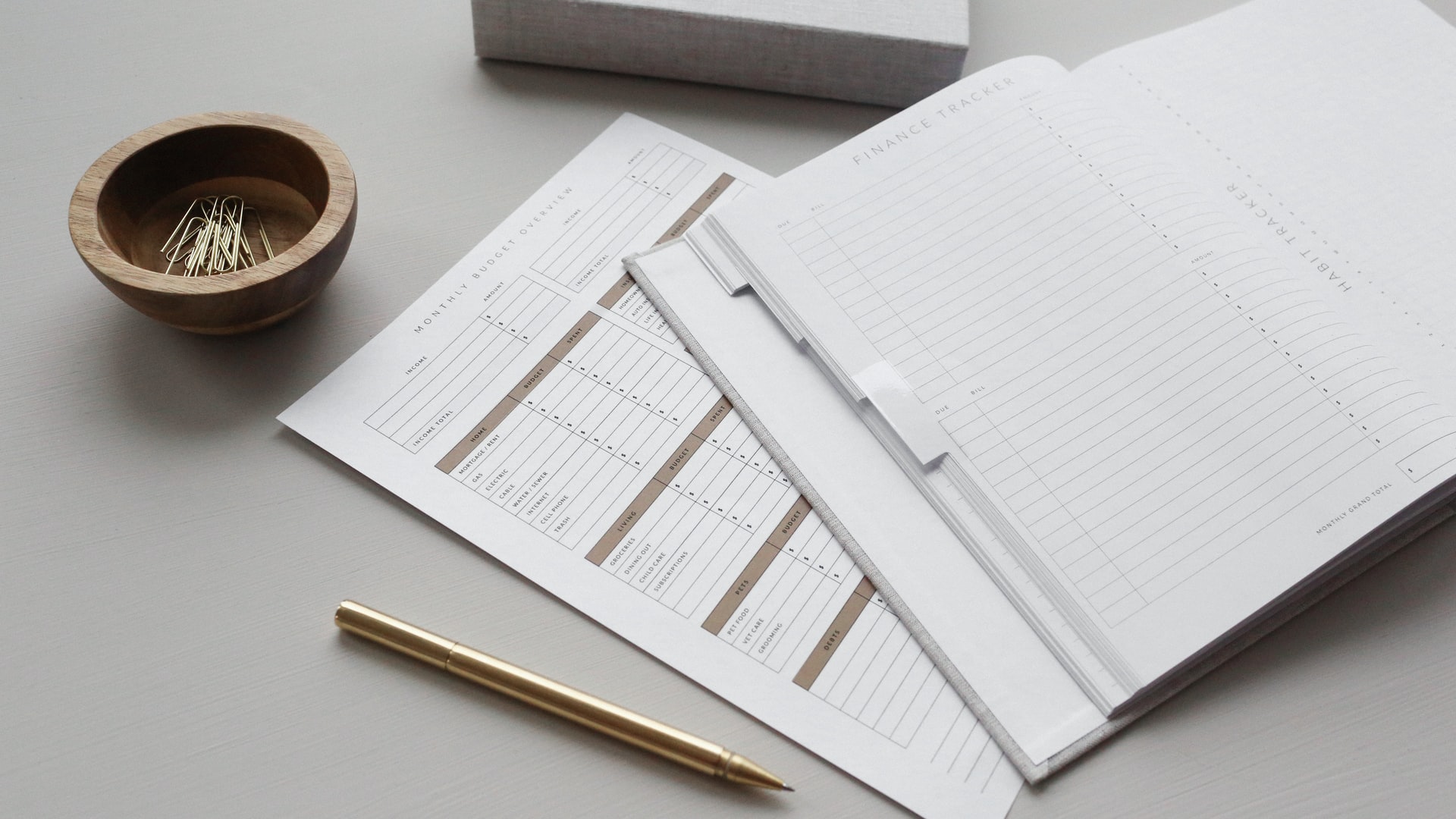If you’re like most people, you probably don’t think about your finances on a daily basis. You might not even know what types of accounts exist and how they work! But the truth is that if you don’t have a plan for your money, it will end up costing more than it should. There are many different options available to help make managing your finances easier and less costly. This article will outline some of those do’s and don’ts of personal finance planning, so stay tuned!
Think Carefully When Choosing Money Lenders
First and foremost, you should remember that if a lender offers you a lower interest rate on a loan, there’s usually a catch. There are many different types of lenders out there. Some offer low rates to get your business, while others may charge higher rates in order to offer the best service possible. Before choosing any legal money lender, think carefully about the terms of their service. Do you really want to go with a lender that offers low rates, or are there others who may be able to offer even lower rates? Look at their track records and decide what’s best for your situation.
Make Sure You Know What Your Options Are
Your employer may offer 401(k) benefits, or you may have an IRA through your bank or another financial institution. It’s important to know what types of accounts are available so that you can prioritize the ones that are most important to you. For example, if one account has a higher interest rate than another, it might be best for you to choose that one in order to maximize savings. Many people will also use multiple types of accounts in order to save money on taxes while still maintaining liquidity for withdrawing funds when needed.
Learn To Budget And Save Money
It seems simple enough, but many people don’t budget their money out properly and end up spending more than they should each month. Budgeting doesn’t have to be complicated, so don’t spend hours trying to figure out how much you should be spending on food or entertainment each month. Just take your monthly income and subtract expenses that are needed to pay for things like utilities, transportation, etc. You can then use the difference for other purchases or savings. Even small amounts added up over time can make a big difference!
Learn From Others’ Mistakes Before Your Own
Reading about personal finance planning helps tremendously in understanding how money works. There are many different books and online resources available, so there’s no excuse for not doing some research. Reading about other people’s experiences with money can help you avoid making the same mistakes that they did. You may even find a good book that gives you an idea that will work well in your situation!
Learn To Use Credit Wisely
Credit cards are such a convenient form of payment, but not everyone has the self-discipline to use them wisely. Once a credit card is secured, many people tend to use it wherever they go and don’t pay attention to how much they are spending. This is very costly over time because interest rates on credit cards can be as high as 20% or more! Keep track of what you spend each month and make sure to pay off your credit card balance in full each month so that you don’t accrue unnecessary interest charges.
Don’t Make Big Purchases Before Paying Off Debt
What use is it to get a new car if you can’t even afford the payments? When you have credit card bills or student loans that need to be paid off, it’s usually best not to make any big purchases until everything is paid. It may seem like a good idea at the time, but you’ll just end up getting further into debt and hurting your credit score in the process! No matter how much you love that new television or laptop, wait until your other debts are paid, and you’re on more solid financial footing before making such large purchases. Avoid this common money mistake by thinking about what you can do without, instead of giving in to momentary desires.
Personal finance planning can be a complex subject that is often overlooked, but it’s an important step in ensuring your future. You may think you know what to do with your money now, but as time goes on and life happens, priorities shift. It’s never too early or late to start thinking about how best to take care of yourself financially, so consider the dos and don’ts we’ve explored above. They’ll help set you up for success! We hope this article has helped you better understand how to plan your finances.






Leave A Comment